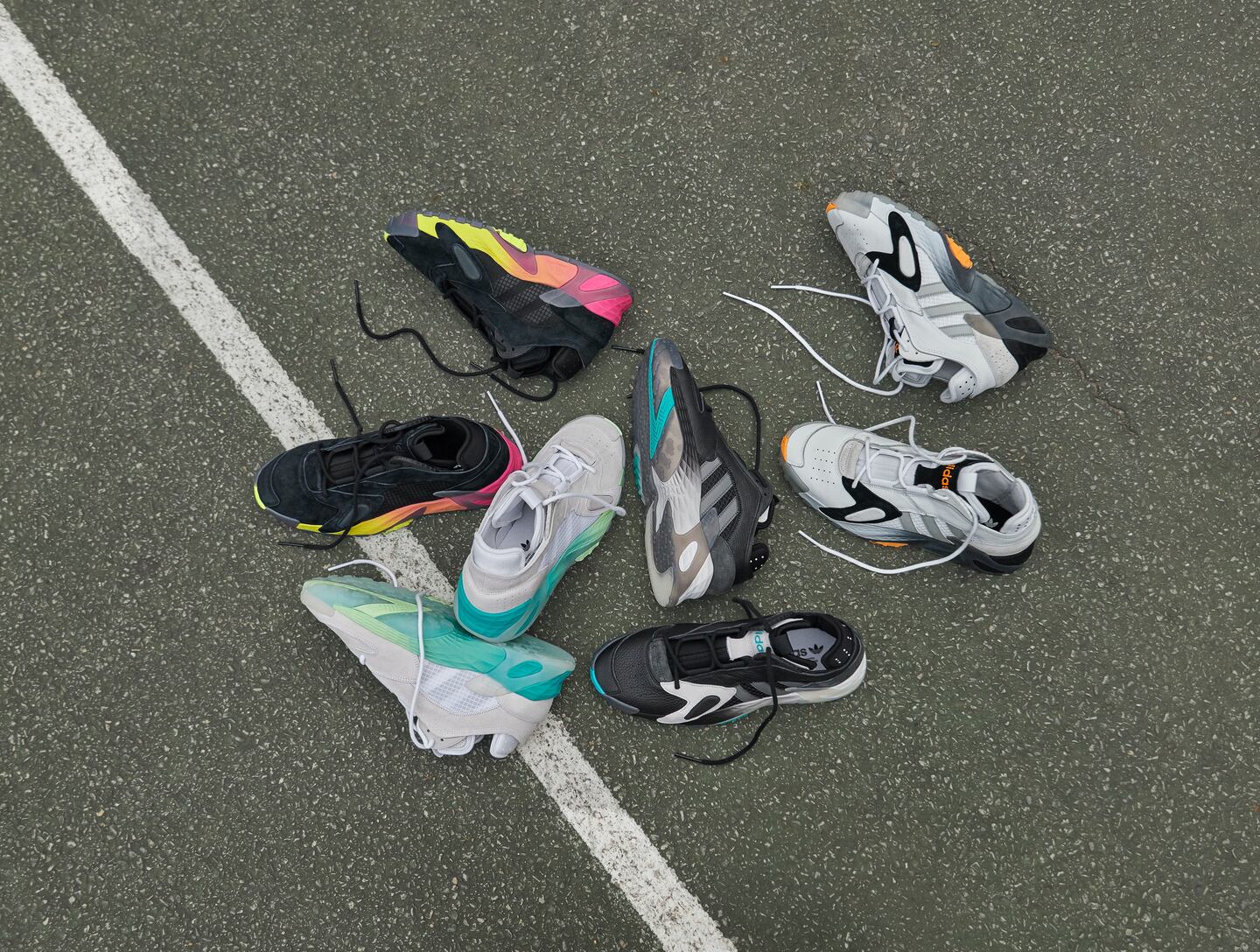
The Business of Fashion
Agenda-setting intelligence, analysis and advice for the global fashion community.

Agenda-setting intelligence, analysis and advice for the global fashion community.

LONDON, United Kingdom — Adidas AG wants your old socks.
The sportswear giant is rolling out a new scheme to clean up customers’ old or unwanted garments in return for Adidas vouchers. The initiative aims to address the growing amount of waste generated by the fashion industry.
Adidas, in partnership with the London-based start-up Stuffsr, is offering consumers signed onto its UK loyalty program the opportunity to return any items they have purchased from the brand in the last five years, no matter the condition. The items are repaired where needed, resold where possible, and as a final resort, recycled into new products.
While the initiative is currently limited to the UK, the scheme is expected to roll out in further select markets next year. It marks a significant step up in Adidas’s efforts to manage waste generated by consumer’s speedy churn of sneakers, tracksuits and other three-stripe branded gear.
ADVERTISEMENT
The company launched a take-back-and-recycle scheme in stores in Brazil in 2012, but has been slow to expand the initiative. It piloted further take-back programmes in Canada in 2016, and last year provided a service for consumers to drop off old clothes and shoes in nine stores across London, Paris, New York and Los Angeles.
This latest scheme reflects mounting pressure by consumers and regulators for big fashion brands to show they are tackling the amount of waste generated by their operations. According to waste-management nonprofit WRAP, roughly £140 million ($176 million) of clothes end up in landfills every year in the UK alone.
The initiative introduces a new degree of sophistication to clothing take-back schemes.
Adidas has made strong commitments in recent years to pursuing a more circular model of production. Earlier this year, it announced the launch of a fully reusable shoe following a technological breakthrough that took the brand years to achieve. Elsewhere, the company has committed to eliminate virgin plastic from all its products wherever possible by 2024.
But incentivising consumers to return products they don’t want anymore is a trickier proposition, as are the logistical problems that sorting, processing and reselling an oddball assortment of unwanted goods causes.
Those are issues Adidas is looking to solve with its new partnership. UK consumers can return items with a combined buy-back value of £20 ($25) or more through the company’s Creator’s Club App. The logistics of the scheme are managed by Stuffstr, which will pick-up or provide pre-paid postage for items and handle resale via existing e-commerce sites like eBay. Adidas gets cash benefit from the gift cards, sustainability kudos and valuable data on consumer habits, without the hassle of waste management.
The initiative introduces a new degree of sophistication to clothing take-back schemes that Stuffstr hopes could shift the current model of consumer behaviour away from fast and wasteful consumption to a more value-driven approach.
“We’re trying to take all these things so consumers have a direct incentive to buy things that hold value better,” said Stuffstr Founder and Chief Executive John Atcheson. “Otherwise you’re not giving people the tools to think differently and act differently.”
Editors' Note: An earlier version of this article stated that under Adidas's new scheme, UK consumers can return items above the value of £20. This is incorrect. The combined buy-back value of returned items must be £20 or over.
Related Articles:
[ How Can New Technologies Help Make Fashion More Sustainable?Opens in new window ]
[ Circularity: Sustainable Fashion's Holy Grail or Greenwashing?Opens in new window ]
[ In Search of a Business Case for SustainabilityOpens in new window ]
The fashion industry continues to advance voluntary and unlikely solutions to its plastic problem. Only higher prices will flip the script, writes Kenneth P. Pucker.
The outerwear company is set to start selling wetsuits made in part by harvesting materials from old ones.
Companies like Hermès, Kering and LVMH say they have spent millions to ensure they are sourcing crocodile and snakeskin leathers responsibly. But critics say incidents like the recent smuggling conviction of designer Nancy Gonzalez show loopholes persist despite tightening controls.
Europe’s Parliament has signed off rules that will make brands more accountable for what happens in their supply chains, ban products made with forced labour and set new environmental standards for the design and disposal of products.